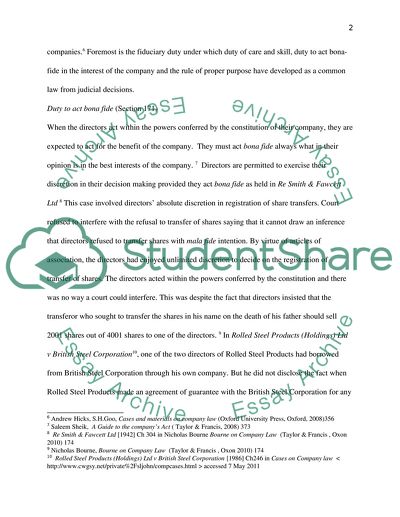Cite this document
(Directors Duties Case Assignment Example | Topics and Well Written Essays - 4000 words - 1, n.d.)
Directors Duties Case Assignment Example | Topics and Well Written Essays - 4000 words - 1. Retrieved from https://studentshare.org/law/1751748-company-law-2-assignment
Directors Duties Case Assignment Example | Topics and Well Written Essays - 4000 words - 1. Retrieved from https://studentshare.org/law/1751748-company-law-2-assignment
(Directors Duties Case Assignment Example | Topics and Well Written Essays - 4000 Words - 1)
Directors Duties Case Assignment Example | Topics and Well Written Essays - 4000 Words - 1. https://studentshare.org/law/1751748-company-law-2-assignment.
Directors Duties Case Assignment Example | Topics and Well Written Essays - 4000 Words - 1. https://studentshare.org/law/1751748-company-law-2-assignment.
“Directors Duties Case Assignment Example | Topics and Well Written Essays - 4000 Words - 1”, n.d. https://studentshare.org/law/1751748-company-law-2-assignment.


